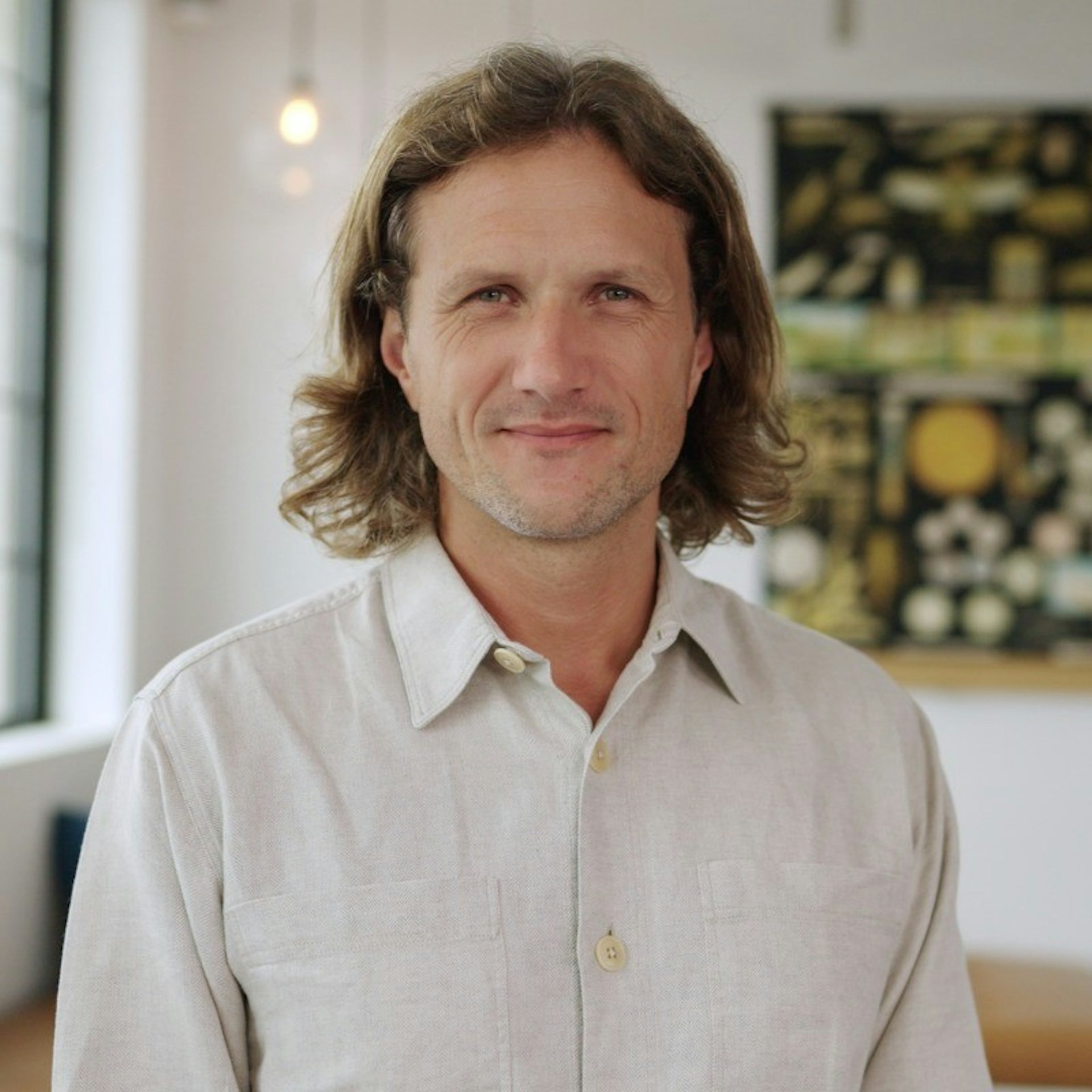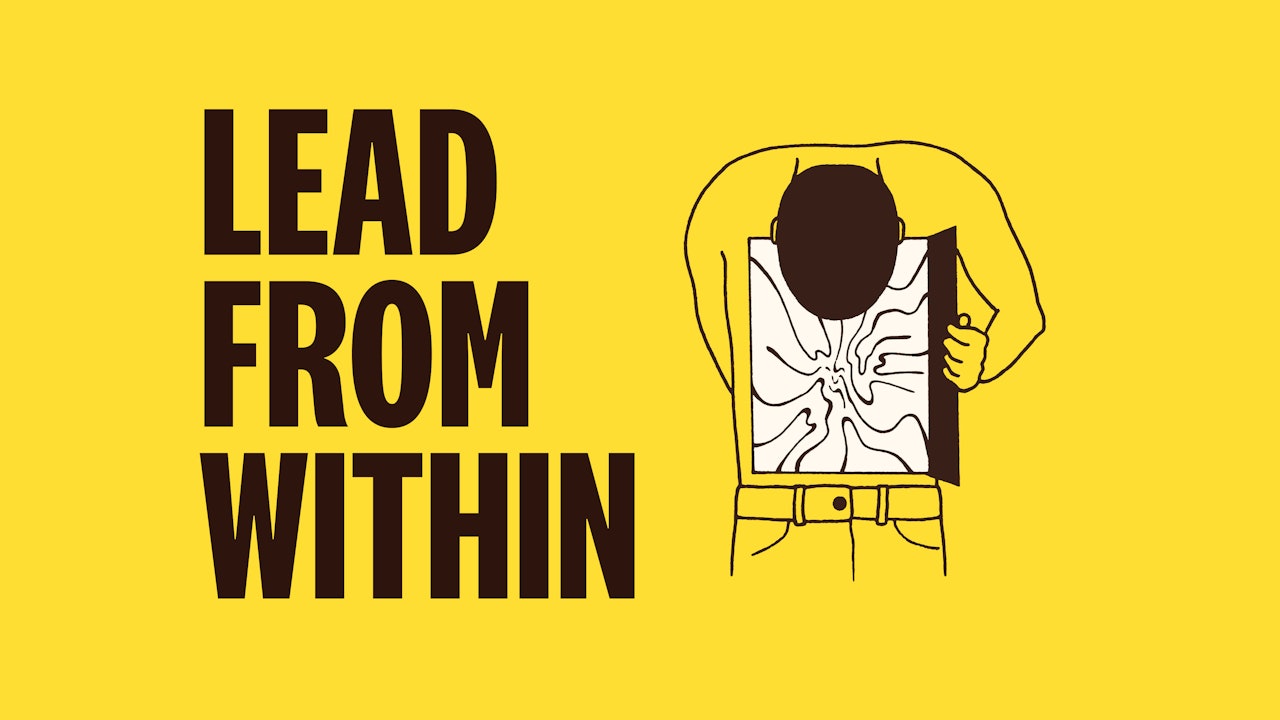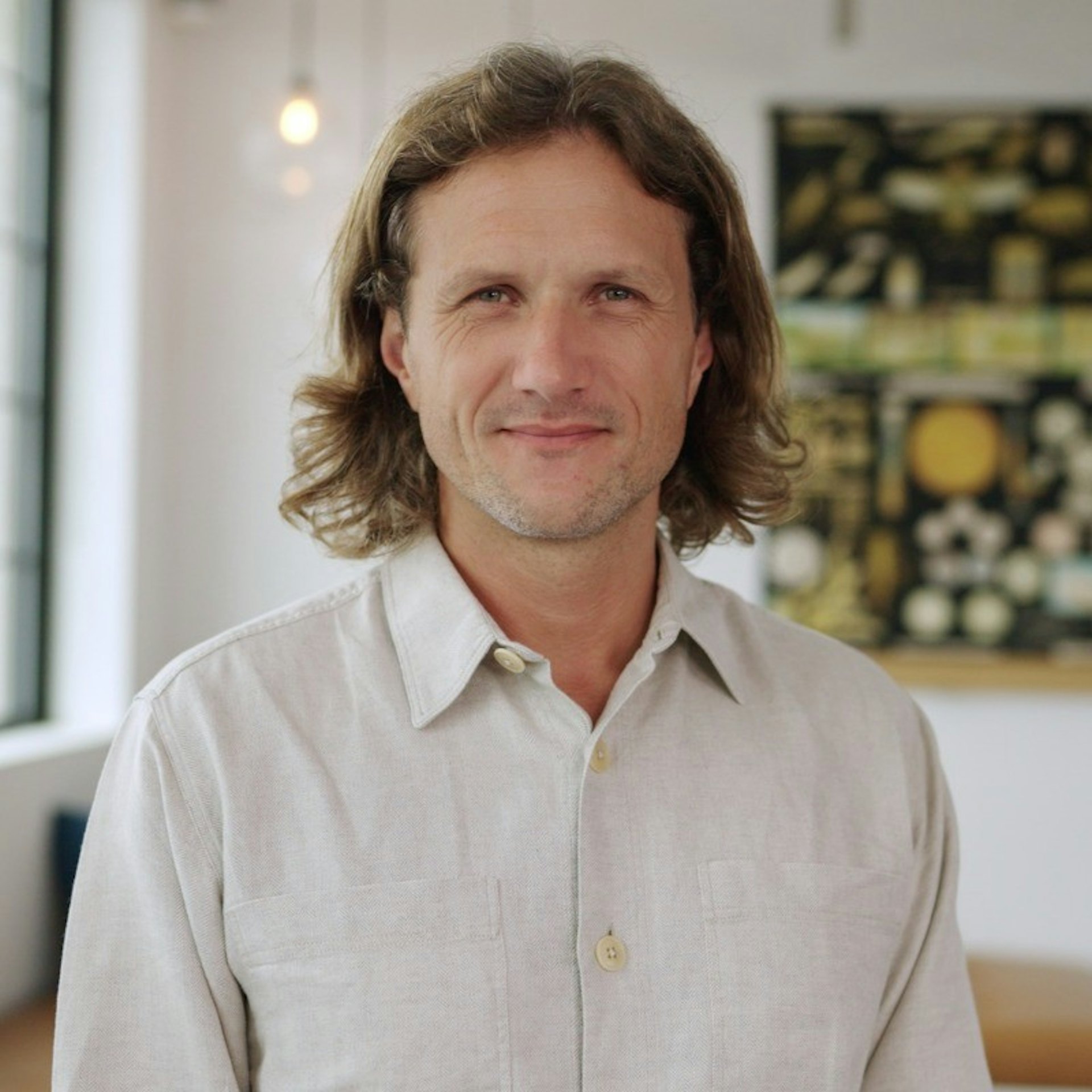Leading people through hyper growth: A conversation with Adi Roy, VP Total Rewards at Uber

Dr. Nick Taylor
03 April 2024

Content
- Tell us about your childhood and early life
- How did your background in psychology inform your career?
- What inspired you to live and work around the world?
- As a leader, have you ever experienced imposter syndrome?
- How do you manage your own mental health and wellbeing?
- What does your role at Uber entail?
- How do you make connected decisions across so many teams?
- What was your experience through Uber's period of hyper-growth?
- How do you see the future of work evolving, taking into consideration the dawn of generative AI?
- What are your hopes for the future of work and workplace mental health?
I recently had the pleasure of interviewing Adi Roy, VP of Total Rewards and People Infrastructure at Uber, for my podcast Lead From Within. Adi is a global leader who has lived and worked in India, Singapore, San Francisco, and Amsterdam, giving him a truly worldwide perspective on the future of work.
In our conversation, Adi shared insights from his career journey working at major tech companies like Google and Uber. He reflected on lessons learned about leadership, mental health, and the evolution of the workplace. Adi has such a thoughtful and humble approach to his role and to developing people. I found his perspectives fascinating – I'm sure you will too.
Tell us about your childhood and early life
I grew up in India and my childhood memories are filled with joy, even though we came from a very humble background. My parents were the first generation in the city, moving from a farming family in the village to provide better education and opportunities for their kids.
I have vivid memories of reading a lot, which my father encouraged through his work in library science. I also spent many hot Indian summer holidays eating mangoes fresh from the trees at my grandparents' village. It was a simple but joyous upbringing.
How did your background in psychology inform your career?
Studying psychology gave me a deep interest in organizational behavior from an early age, even before I knew the field of human resources existed. Everything we do in companies ultimately comes down to understanding individuals, small groups, and larger groups of people. Observing human behavior and applying insights from psychology to help teams perform better has been the work of my life.
I'm always learning and rethinking previous beliefs. There's still a bit of a stigma that as a psychologist I'm always trying to read people's minds! But really, psychology helps me appreciate that, while companies have access to similar resources, it's the people that are our secret sauce.
What inspired you to live and work around the world?
If your life situation allows, my advice is to pack your bags and move – even if you fail, you'll learn so much. Living in different cultures like India, Singapore, the US, and now the Netherlands has given me such an appreciation for the diversity of human experiences around the world. At the same time, I've seen that at our core, people respond to the same basic human emotions regardless of their culture.
Give people good work, tell them when they've done well, compensate them fairly – the human languages for these things are universal. The contexts may differ, but the underlying principles remain the same wherever you go. The world is joyous if you're open to exploring it.
As a leader, have you ever experienced imposter syndrome?
Early in my career, I definitely felt imposter syndrome at times, like when I was one of the few selected for a competitive master's program in Mumbai. Or when I started at Google after going through 17 interviews and thought they must have got the wrong person!
But over time, I realized that if you operate with the right openness and intent, you'll see that you belong where the ecosystem has placed you. Maybe not everyone gets there at the same pace, but connect with the right people and recognize what got you to where you are.
There were also times when I took on roles too early due to pressure from my environment rather than being truly ready myself. My biggest learning there is to have the self-belief and introspection to stay put sometimes if a new opportunity isn't right for you yet. Nothing teaches you better than failure if you're willing to learn from it.
How do you manage your own mental health and wellbeing?
There have been periods when I didn't manage my wellbeing well at all. Looking back, a big issue was not prioritizing adequate sleep, taking red-eye flights constantly when traveling for work and not properly recovering.
A wise person once told me that the ages of 30-50 are often the most demanding, with kids, aging parents, and your career all requiring 110% of you at the same time. It's a real challenge to balance everything.
In recent years, I've become much more disciplined about self-care – getting enough sleep, exercise, putting down screens to read books, and generally investing in recuperation. It's difficult to implement these habits, but so necessary.
What does your role at Uber entail?
I've been at Uber for over six years now. For the first two years, I ran the Total Rewards team overseeing compensation, benefits, and equity administration. We did a successful IPO in 2019, which added responsibilities around public company governance.
In 2020, I took on oversight of our HR business partner team as well. Today, I manage the total rewards group plus most of our centers of excellence – talent operations, analytics, technology, M&A, and learning & development. It's a huge scope, but we've structured the teams to be able to operate at scale.
My role is about knowing the high-level priorities for each area while being ready to go deep when situations require it. Most importantly, it's about believing in and enabling my team to deliver, removing obstacles, and allowing them to prioritize and say no to things not aligned with our objectives. I try to be a servant leader, though I'm not perfect at it.
How do you make connected decisions across so many teams?
There's no perfect science, but I follow some patterns and habits. Have a grasp of the headlines for each team while going deep when needed. Help the teams prioritize. Get obstacles out of their way. Give them the air cover to say no to things not in their purview.
It's about trusting your teams, sharing the bigger picture so they can execute against it, and being ready to roll up your sleeves alongside the most junior teammates when required. I'm still learning every day, but that's the general approach.
What was your experience through Uber's period of hyper-growth?
It was an incredibly hard-working but joyous six years. Just being part of the revolution of providing millions of earners with a new flexible model of work brings me joy. And our leadership team's clarity of purpose and ability to remain unified through all the growth has been phenomenal.
We stood firm in our commitments to society and our people, creating an environment where most of my leadership team has been with Uber for 5-6 years through all the craziness. At our core, we focus on the basic things that resonate with all workers: a sense of purpose, meaningful work, great colleagues to connect with, learning opportunities, fair compensation, and pride in our collective achievements.
How do you see the future of work evolving, taking into consideration the dawn of generative AI?
Putting AI aside for a moment – first we need to look at the generational change coming to the workforce. In the next 5-10 years, we'll see a new generation that is digitally fluent, expects flexibility and work-life integration, craves purpose-driven work, and has a deep awareness of diversity, equity, inclusion and mental health. These expectations will fundamentally reshape how companies operate.
In light of that, AI and new technologies can be very useful tools to enhance productivity and efficiency when developed responsibly. The core of what we've always done as humans is design innovations that allow us to spend time on new value-creating pursuits. But we have to be intentional about guiding that technological evolution in a way that uplifts everyone together.
What are your hopes for the future of work and workplace mental health?
My biggest hope is that mental health and wellbeing become seamlessly integrated into the flow of work itself. It stops being a separate conversation you have once a month on "wellness days" and instead is baked into how we approach every aspect of the employee experience.
In the technology sector, I've already seen huge strides in people's openness to discussing mental health topics like stress, burnout, therapy and taking breaks when needed. The stigma and taboo has reduced dramatically, which is the biggest enabler for knocking down all the other stumbling blocks around mental health and wellness.
As the mental health-aware and purpose-driven new workforce emerges, it will be an expectation that our jobs are designed in a way that allows us to thrive as whole human beings. I'm excited about that future and proud to be part of shaping it.
About the Author

Dr. Nick Taylor, Co-Founder & CEO at Unmind
About the Author
